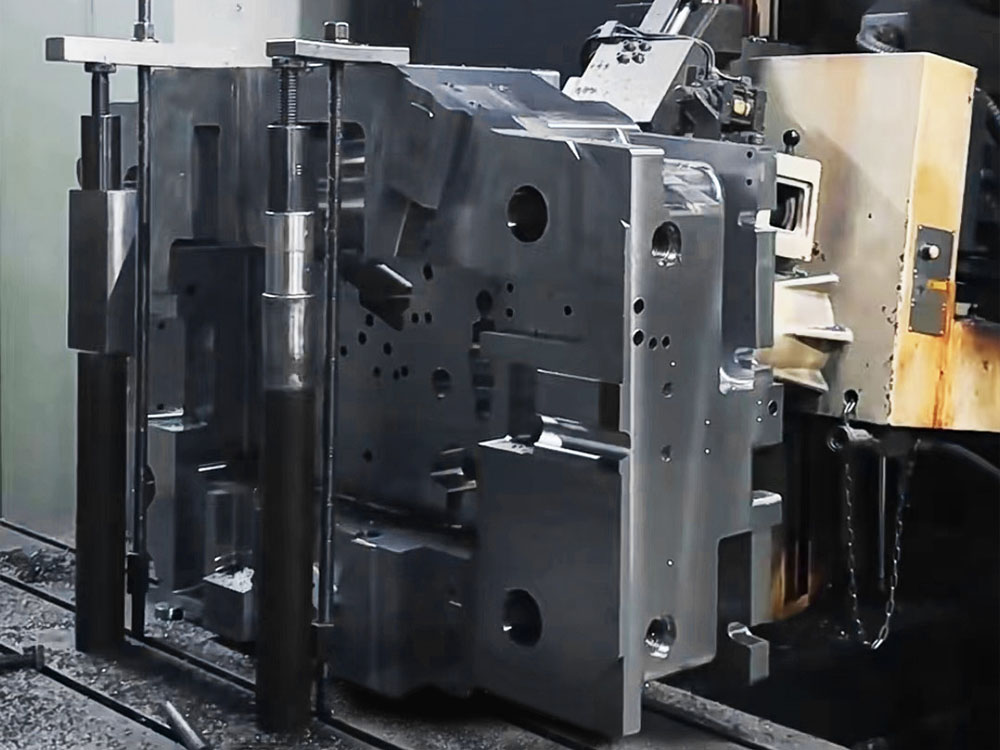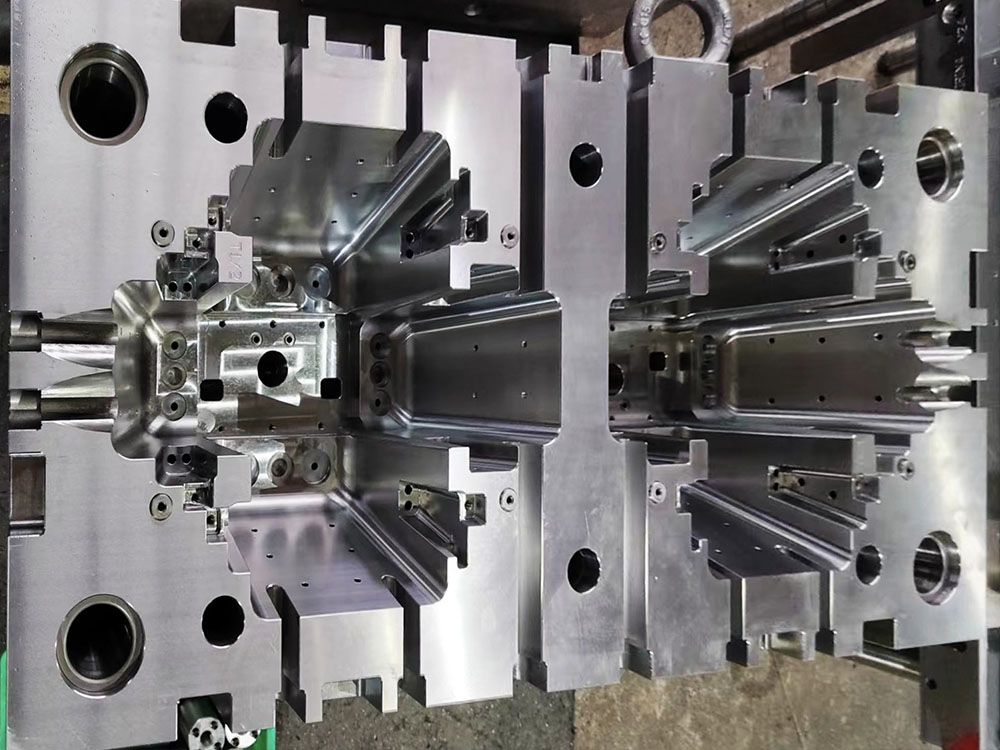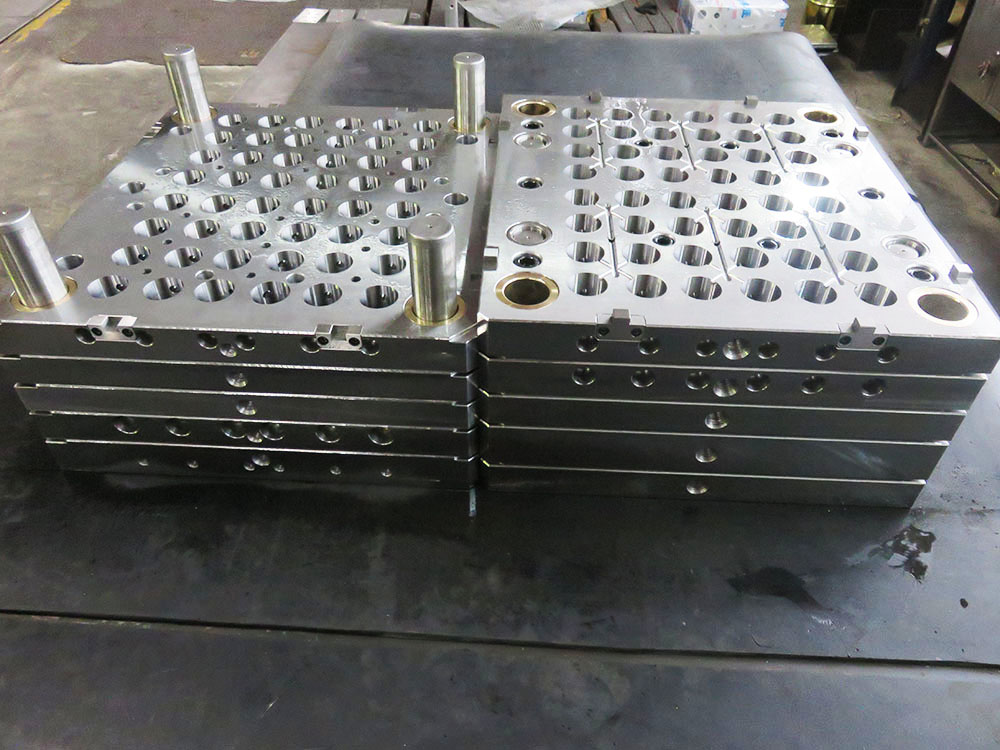How to Effectively Manage Factory Workers at a Modular Construction Plant
In the mold base industry, effective management of factory workers is crucial to ensure high productivity, quality output, and a harmonious work environment. Here are some key practices that can help supervisors and managers effectively manage their factory workers at a modular construction plant.
1. Clear Communication Channels and Expectations
Establishing clear communication channels is vital in managing factory workers. Regular communication helps in conveying expectations, objectives, and any changes in work processes. Managers should maintain an open-door policy, encouraging workers to voice their concerns, suggestions, and grievances.
2. Training and Professional Development
Investing in the training and development of factory workers is essential to enhance their skills, knowledge, and overall performance. Managers should identify areas where additional training is needed and provide opportunities for workers to attend workshops, seminars, or online courses related to their roles. Providing ongoing professional development not only improves workers' capabilities but also boosts their job satisfaction.
3. Performance Feedback and Recognition
Regular performance feedback and recognition motivate factory workers to perform better. Managers should provide constructive feedback, highlighting areas of strength and offering suggestions for improvement. Recognizing and appreciating employees' contributions through awards, certificates, or public acknowledgment demonstrates their value to the organization and fosters a positive work environment.
4. Employee Empowerment and Engagement
Empowering factory workers by delegating responsibilities and involving them in decision-making processes encourages ownership and boosts their engagement levels. Managers should create a participatory work culture where workers are encouraged to share their opinions and ideas, actively contribute to problem-solving, and feel valued as important stakeholders in the company's success.
5. Efficient Workforce Planning and Coordination
Efficient workforce planning is critical to ensure optimal utilization of resources, minimize downtime, and meet production targets. Managers should analyze production demands, evaluate skill requirements, and plan work schedules accordingly. Clear coordination among different teams, such as production, maintenance, and logistics, is essential to avoid bottlenecks and streamline operations.
6. Health and Safety Measures
Promoting a safe and healthy work environment is of utmost importance in the mold base industry. Managers should enforce strict adherence to safety protocols, provide necessary personal protective equipment, and conduct regular safety training sessions. Creating awareness about potential hazards and fostering a safety-conscious culture helps prevent accidents, reduces downtime, and boosts employee morale.
7. Fairness and Transparency in Performance Evaluation
Performance evaluation plays a crucial role in managing and motivating factory workers. Managers should ensure that the performance evaluation process is fair, transparent, and based on measurable criteria. Objective performance metrics, such as productivity, accuracy, and adherence to quality standards, should be communicated in advance. Clear and transparent evaluation criteria prevent favoritism, promote fairness, and encourage healthy competition among workers.
In conclusion, effective management of factory workers in the mold base industry requires clear communication, training and development opportunities, performance feedback and recognition, employee empowerment and engagement, efficient workforce planning and coordination, health and safety measures, and fairness in performance evaluation. By implementing these practices, supervisors and managers can create a conducive work environment that maximizes productivity, enhances quality output, and fosters a positive employee experience.




